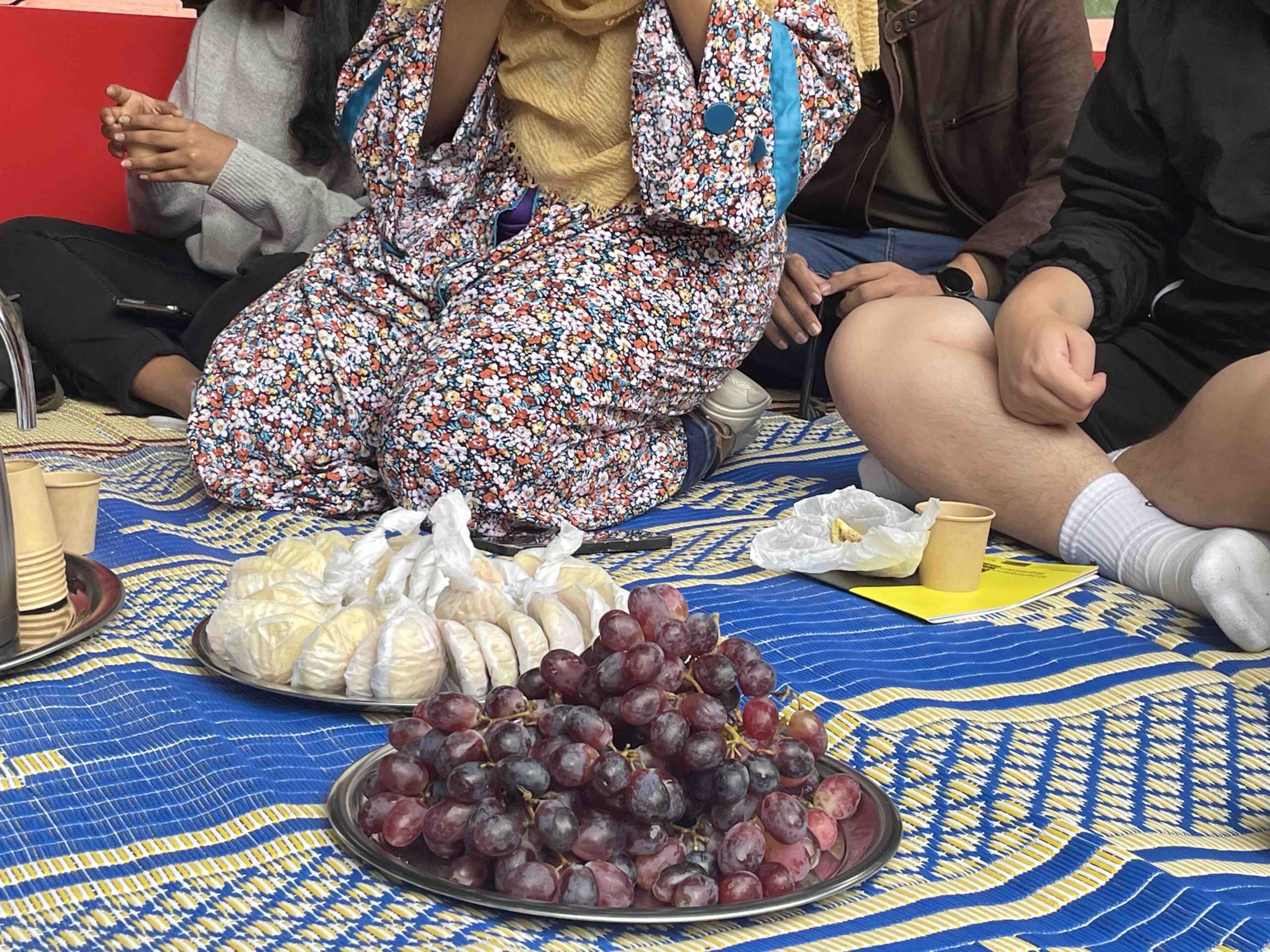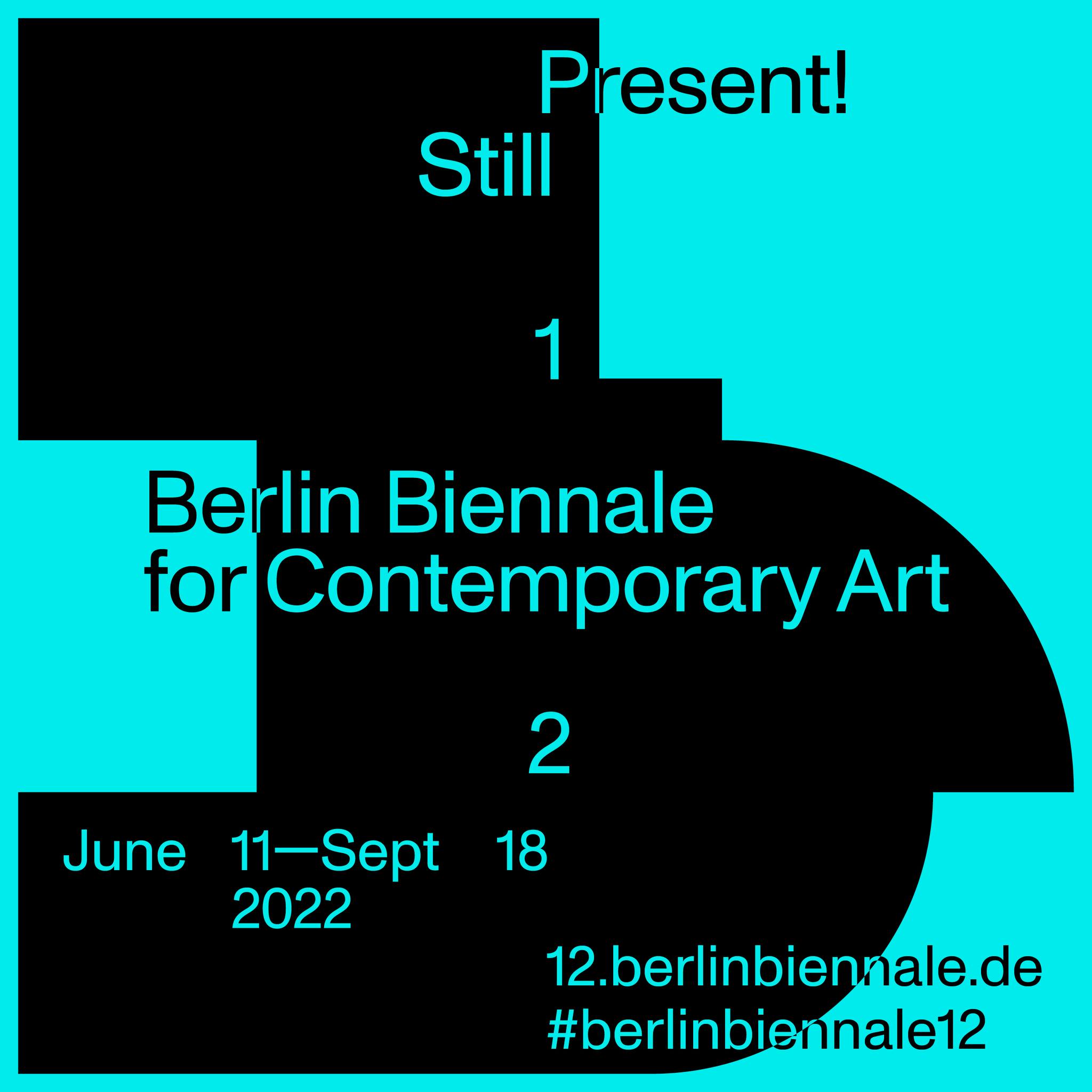PANEL 6 PRE-EVENT:

On June 10, 2022, Sandi Hilal and Merve Bedir will host a pre-event for Panel 6: Design for Partnerships for Change at the Berlin Biennale as part of their engagement in the Science Track of the UIA World Congress 2023 Copenhagen.
The event is an assembly that enters into a direct dialogue with groups, individuals and associations to create a discursive space where the public is invited to critically reconsider the social, economic, and political legacies of modernist architecture and its colonial heritage while collectively imagining new common uses. The assembly format enables open and direct exchanges between diverse life-experiences to critically explore what ghosts still move in our collective imagination, perpetrating inequitable attitudes of exclusion and privilege, asking how can we collectively acknowledge privileges to activate its transformative potential? Admitting to these advantages is no longer enough and a whole series of actions must take shape from awareness and repair.
The assembly takes place in an informal setting under the tree in the courtyard of the Akademie der Künste (Hanseatenweg) and the public is welcome to participate directly in the discussion or just listen in. Present in the assembly will be: Sandi Hilal, Merve Bedir, Walter Mignolo, Zoe Butt, Alessandro Petti, Matteo Lucchetti, amongst others. The event is not live-streamed but material from the conversation will be uploaded afterwards.
Time and place: June 10 from 2 – 5pm at Akademie der Künste, Hanseatenweg 10, 10557 Berlin
The assembly is co-produced by by the Berlin Biennale for Contemporary Art and the UIA World Congress 2023 Copenhagen Science Track
Panel 6: Design for Partnerships for Change emphasizes the inadequacy of existing definitions, partnerships, and methods on “sustainability” and “development,” but also the necessity of “leaving no one behind.”
Design for Partnerships is about recognizing the asymmetrical relationships between states, public spaces, civil societies and private domains, and finding a new balance for the existing power structures. This panel aims to build alliances to challenge dominant structures and redistribute power relations to seek social and environmental justice, and access to rights for all. Challenging the ontology of universalism, Design for Partnerships examines how to rethink architecture and the built environment to play an essential role in its ability to create the ground for care, local governance, space making practices, imaginaries and scenarios of plural(istic) political, socially and ecologically sustainable futures.
This panel intends to acknowledge unrecognized practices by bringing back everyday-life experiences, different paths and forms of knowledge production and storytelling that inform our understanding of design today. The call is an effort to re-frame main spatial concepts such as design, communities, commons, and participation, among others, and thus call for new partnerships, as an active way to rethink and transform the disciplinary and discursive practice of architecture.
Read the extract based on transcripts of the conversation by Panel Chairs Merve Bedir and Sandi Hilal here


